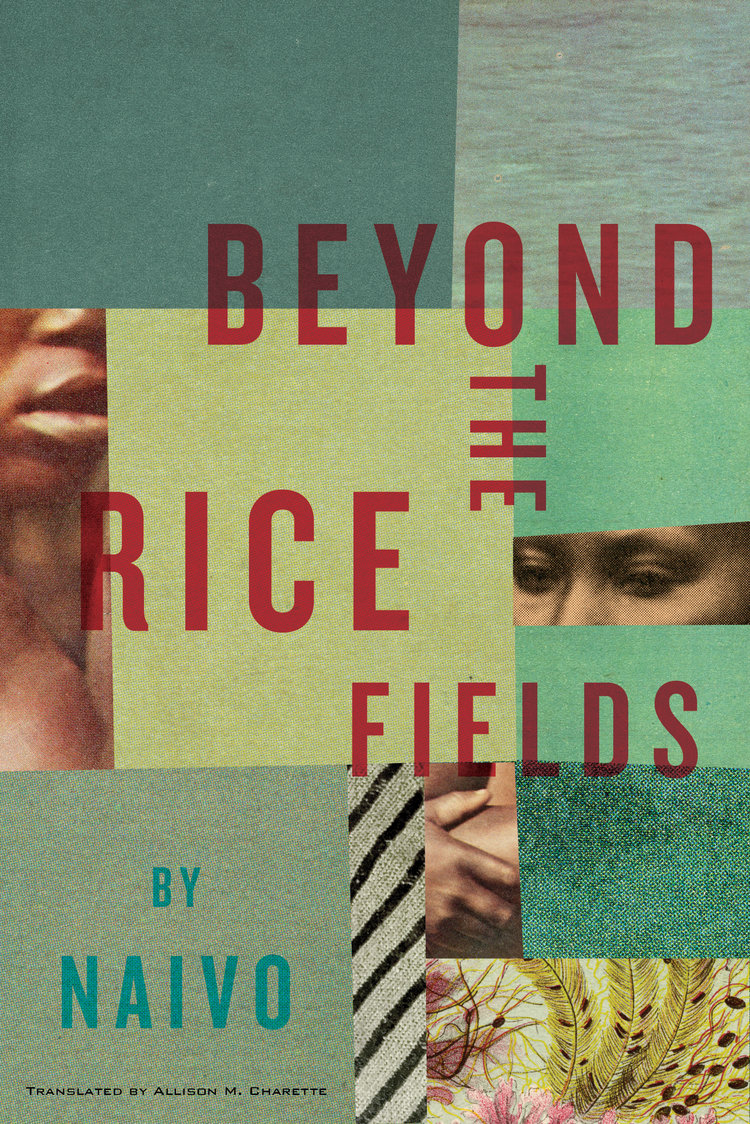Leave it up to this country to get me writing and performing in ways I never have before.
I've focused on prose for several years now, so I don't know a lot about the poetry world. From the little I see, though, slam poetry is one of the most awesome (and the most intimidating) forms -- although I might just be reacting to the performance aspect. At any rate...nah, never would've thought that I'd ever have anything to do with it. No way. Absolutely not.
Well of course my first slam experience would be here. In Madagascar. In French. Because why not? There was a writing workshop beforehand, why not.
But then, there was another slam last weekend. An English-language slam. And so of course I had to go. And...maybe write something real quick beforehand, just in case?
It was fun. :-)
Here it is, in all its glory. It's a hastily-written first draft by a beginner, and it gets a little sappy near the end, but it's mine, and it consolidates a lot of the thoughts I've been having for the past few weeks. (Video of the performance exists somewhere, but not in my possession. Yet.)
Enjoy.
First and Third: A reflection on the US and Madagascar
What does “first-world” mean?
The term is tossed around
by well-rounded, well-meaning intellectuals,
but we all know.
First-world is rich.
First-world is luxury.
First-world is developed, finished, no more work left to do.
First-world is a good life, an automatic win,
if you can get in.
But that’s not right, not it at all.
The US of A, this country we call
“first-world,”
what is it first in?
Do we win?
At anything?
Health, human rights, happiness?
No. None of the above.
In education, we’re not first, but 14th.
In literacy, 24th.
In math, 38th.
In gender equality, 22nd.
Economic freedom, 10th.
Peacefulness, 99th.
Life expectancy, 49th, and falling.
Even in life, liberty, and the pursuit of happiness,
the very ideals our country was founded on,
we’re not first.
We’re not even Top 10.
We’re a lowly 19th.
So much for the greatest country in the world.
This “first-world” business only counts for
prisoners,
incarceration rates,
military spending,
death due to firearms,
death due to violence,
plastic surgeons,
breast augmentation,
oil consumption,
wine consumption,
the ultra-rich,
mental health disorders,
and you think none of this is related?
We trump the world in the worst things.
Gold stars all around.
In product development,
first means alpha,
too early, too soon.
Third is better,
third is post-product launch,
third is all the bugs have been worked out.
Let’s take third.
And I don’t want a third of the world to be held down,
held back,
just so that another part can be first.
And really,
there is no third-world,
there is no third of a world,
not just one-third of the world.
When I am here,
do I see a third of the sky? No.
I see the whole sky,
stretching further than I can ever imagine.
When I am here,
do I sleep a third as long? No.
For the night is dark and deep and strong.
When I am here,
do I eat a third as much? No.
There is food in abundance,
a mountain of rice at every meal,
and always good company to share it with.
When I am here,
do I feel a third alive?
No.
I feel it all, everything,
joyous and quick and sharp and whole.
My heart is full and fit to burst,
at the first sign of smiles,
the first sign of green,
the first sign of love.
I have been here, and I have seen:
People here do not
work just a third as hard,
or mourn just a third as long,
or laugh just a third as loud,
or dream just a third as strong.
Here, there is
the whole sun,
the whole day,
a whole life.
But why even try to differentiate?
Why keep driving wedges down to separate?
We aren’t that much different, the first and the third.
Call it corruption, call it lobbying:
we both have politicians who cheat.
Say, you don’t have money to see the doctor,
say, you can’t afford insurance to see the doctor:
you both might die.
Call it kabary, call it a speech:
we can all talk for a long, long time.
Covered in red dust, covered in mud:
all our children play outside.
After all...first and third,
they’re both steps on the podium,
medals get awarded for both places,
it’s a huge accomplishment
no matter how you try to define it.
But then again…
If just a third of this world
can work together,
to help the rest,
we can all share first place
at the very top.
There’s room up there for everyone.


